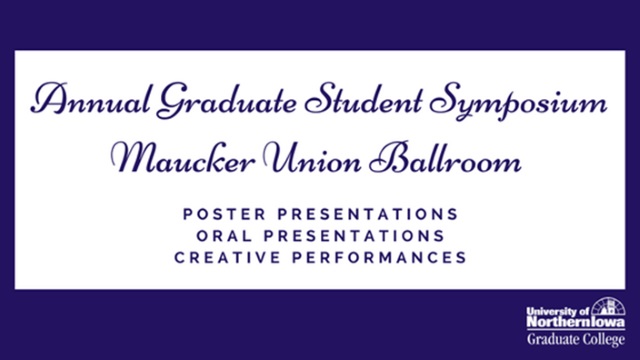
Complete Schedule
Presentation Type
Open Access Poster Presentation
Keywords
Attention; Musicians--Psychology;
Abstract
Flow, also referred to as being “in the zone,” is a state of total absorption in an activity where an individual’s risk and skill are in balance. This mental state is sought after by many musicians for its positive effect on performance. Flow has been described as leading to a loss of self-awareness, changes in the perception of time, the ability to play effortlessly, a sense of calm, and confidence. Flow is characterized by changes in brain function. Complete, undistracted concentration on one activity allows the left, more analytical side of the brain to rest, while the right, more creative side of the brain directs the body. The desirability of this mental state of peak performance has led to significant research into the causes and effects of flow, as well as techniques for achieving and maintaining this state more efficiently. The poster also includes studies of flow in musicians which investigate the roles of age, skill level, and setting, and the influence of each of the four musical eras (Baroque, Classical, Romantic, and 20th-Century), on producing states of flow in individuals and groups. Also explored are the causes and effects of flow, changes in brain function during this mental state, as well as visual, kinesthetic, and auditory techniques collected through individual’s testimonials and experiences that can be used to achieve and maintain flow. Although these findings primarily focus on musicians, understanding and learning to achieve and develop flow is applicable to any activity that demands both focus and skill.
Start Date
4-4-2017 11:00 AM
End Date
4-4-2017 1:30 PM
Faculty Advisor
Lynn Worcester
Department
School of Music
Copyright
©2017 Jenna Klein
File Format
application/pdf
Embargo Date
4-4-2017
Achieving and Maintaining Flow During Practice and Performance
Flow, also referred to as being “in the zone,” is a state of total absorption in an activity where an individual’s risk and skill are in balance. This mental state is sought after by many musicians for its positive effect on performance. Flow has been described as leading to a loss of self-awareness, changes in the perception of time, the ability to play effortlessly, a sense of calm, and confidence. Flow is characterized by changes in brain function. Complete, undistracted concentration on one activity allows the left, more analytical side of the brain to rest, while the right, more creative side of the brain directs the body. The desirability of this mental state of peak performance has led to significant research into the causes and effects of flow, as well as techniques for achieving and maintaining this state more efficiently. The poster also includes studies of flow in musicians which investigate the roles of age, skill level, and setting, and the influence of each of the four musical eras (Baroque, Classical, Romantic, and 20th-Century), on producing states of flow in individuals and groups. Also explored are the causes and effects of flow, changes in brain function during this mental state, as well as visual, kinesthetic, and auditory techniques collected through individual’s testimonials and experiences that can be used to achieve and maintain flow. Although these findings primarily focus on musicians, understanding and learning to achieve and develop flow is applicable to any activity that demands both focus and skill.


